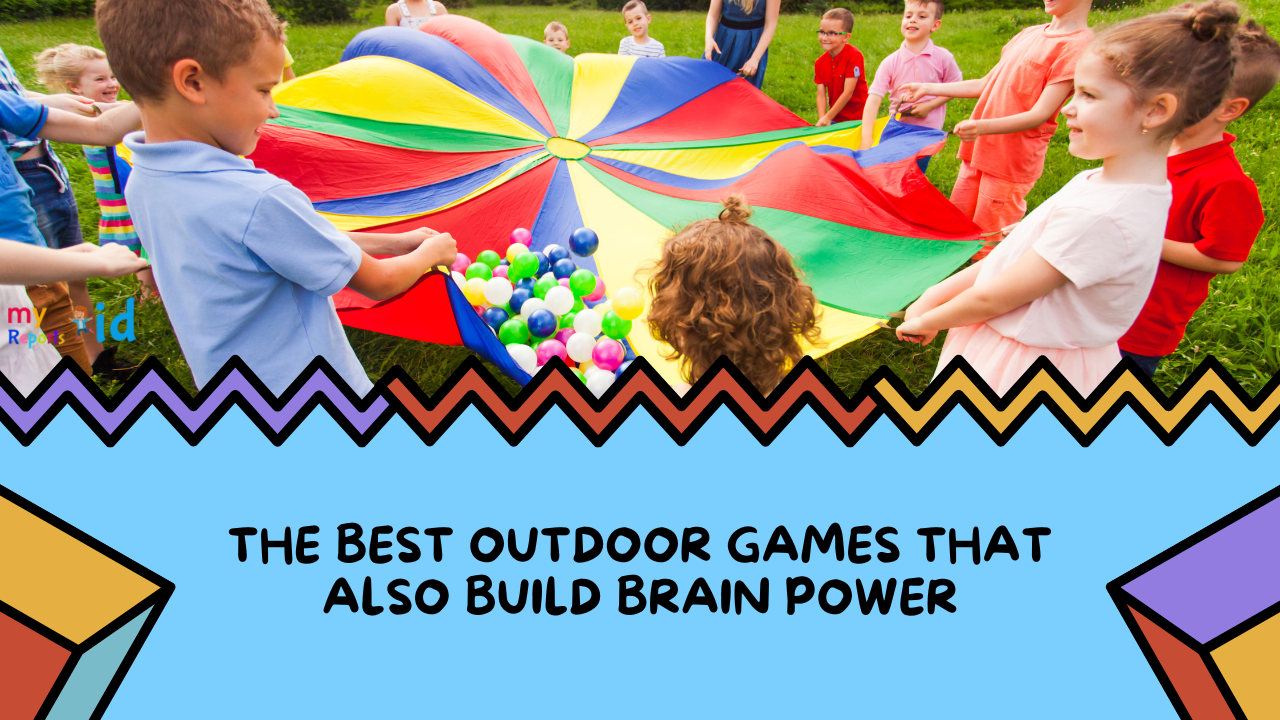Effective classroom management sits at the core of any successful childcare center. It's about much more than simply maintaining discipline—it's the bedrock that fosters children's growth, learning abilities, happiness, and social skills. Properly trained childcare staff can transform your classrooms into nurturing, organized, and stimulating environments, creating happier children, satisfied parents, and thriving childcare businesses.
In this detailed guide, we'll explore how you can develop a robust training program to empower your childcare staff and significantly improve classroom management.
Why is Classroom Management Vital for Childcare Facilities?
Classroom management encompasses all the strategies and techniques that create a structured, engaging, and supportive learning atmosphere. Effective classroom management directly benefits children by:
- Providing a safe and predictable environment for emotional and cognitive growth.
- Encouraging more positive peer interactions and reducing challenging behaviors.
- Enhancing educational experiences, leading to better learning outcomes.
Trained childcare professionals are key to achieving these results, as they are well-prepared and confident in managing everyday challenges.
Essential Classroom Management Skills for Childcare Staff
To effectively manage childcare classrooms, ensure your team members are trained in these five essential skill categories:
1. Communication Skills
Clear and compassionate communication—listening actively, setting expectations, and resolving conflicts—is foundational to classroom harmony.
2. Behavior Management Techniques
Knowledge of positive reinforcement, consistent rules, and clear expectations equips staff to manage children's behavior proactively.
3. Organizational & Planning Abilities
Effective scheduling, organization of daily routines, and seamless transitions between activities reduce classroom chaos.
4. Patience & Professionalism
Staying calm under pressure, demonstrating patience, and maintaining professional standards help staff handle the inevitable challenges of childcare.
5. Cultural Competence & Inclusivity
Recognizing and respecting cultural diversity ensures every child feels valued, promoting empathy and inclusion.
Creating an Effective Classroom Management Training Program in 5 Steps
An impactful training program for your childcare staff should be structured, engaging, and continually evolving. Follow these five actionable steps:
Step 1 – Assess Staff Skills and Needs
Take time to understand where individual team members excel and where they need growth. Use this information to tailor your training modules.
Step 2 – Design Structured, Action-Oriented Training Sessions
Clearly outline your sessions with goals, schedules, and format (online courses, workshops, hands-on activities) to address classroom needs effectively.
Step 3 – Use Interactive and Engaging Activities
Incorporate real-life case studies, scenarios, role-playing, and group discussions to give your team tangible insights into classroom management.
Step 4 – Continuously Reinforce Learning
Classroom management isn't developed overnight. Schedule regular follow-up sessions, refresher training, and continuous skill enhancement.
Step 5 – Foster Collaboration and Continuous Improvement
Encourage team members to collaborate and share tips or experiences. Openness breeds teamwork, growth, and innovation.
Practical Tips for Successful Classroom Management Training
To maximize the impact of your training, keep these useful tips in mind:
- Hire Experts: Skilled childcare trainers or educational consultants can provide deeper insights, tailored advice, and effective training strategies.
- Make it Fun & Engaging: Interactive training leads to improved information retention and staff engagement.
- Provide Accessible Resources: Offer training materials in multiple formats (videos, ebooks, printable handbooks, etc.) catering to various learning styles.
- Foster Peer Mentorship: Encourage mentorship and teamwork among staff members so they can support one another’s professional growth.
- Appreciate & Celebrate Progress: Regular recognition and appreciation encourage your staff's continued dedication and improvement.
Overcoming Common Classroom Management Challenges with Training
Childcare centers frequently grapple with similar recurring management issues. Here's how tailored training programs can help:
- Challenge: Disruptive Child Behavior
Solution: Train your staff in proactive behavioral techniques such as positive reinforcement, reduced trigger situations, and clear communication of boundaries.
- Challenge: Poor Classroom Organization
Solution: Provide focused training on maintaining structured routines, effective activity transitions, and optimal physical room setups.
- Challenge: High Staff Turnover & Inadequate Onboarding
Solution: Develop standardized onboarding processes and periodic refresher training, ensuring consistent quality of care, even when you have newer staff.
By addressing these common issues head-on through focused training, you'll significantly enhance overall classroom management.
Measuring Your Classroom Management Training Success
Evaluating training effectiveness is crucial for improvement. Set and track measurable goals using these methods:
- Clearly Defined Objectives: Establish measurable targets related to classroom behavior, organization, or parent testimonials before you begin training.
- Tracking Key Performance Indicators (KPIs): Review metrics such as reduced behavioral issues, improved staff confidence, higher parent satisfaction ratings, and lower staff turnover.
- Staff Feedback & Self-assessments: Regularly encourage self-reflection, providing employees an opportunity to understand their growth and identify areas for ongoing improvement.
- Use Feedback for Ongoing Improvement: Regularly review and adapt the training program based on feedback, ensuring continuous effectiveness and evolution.
Conclusion
Effective classroom management training sets the stage for happier, healthier classrooms, staff who feel equipped and valued, satisfied parents, and ultimately a thriving childcare business.
Don't leave classroom management to chance. Make it a priority and provide your team the practical training and ongoing support they deserve.
Are you ready to transform your childcare center through improved classroom management?
Try Mykidreports and Get started Today With Best Childcare Management Software!


.png_1747944289579.png)


